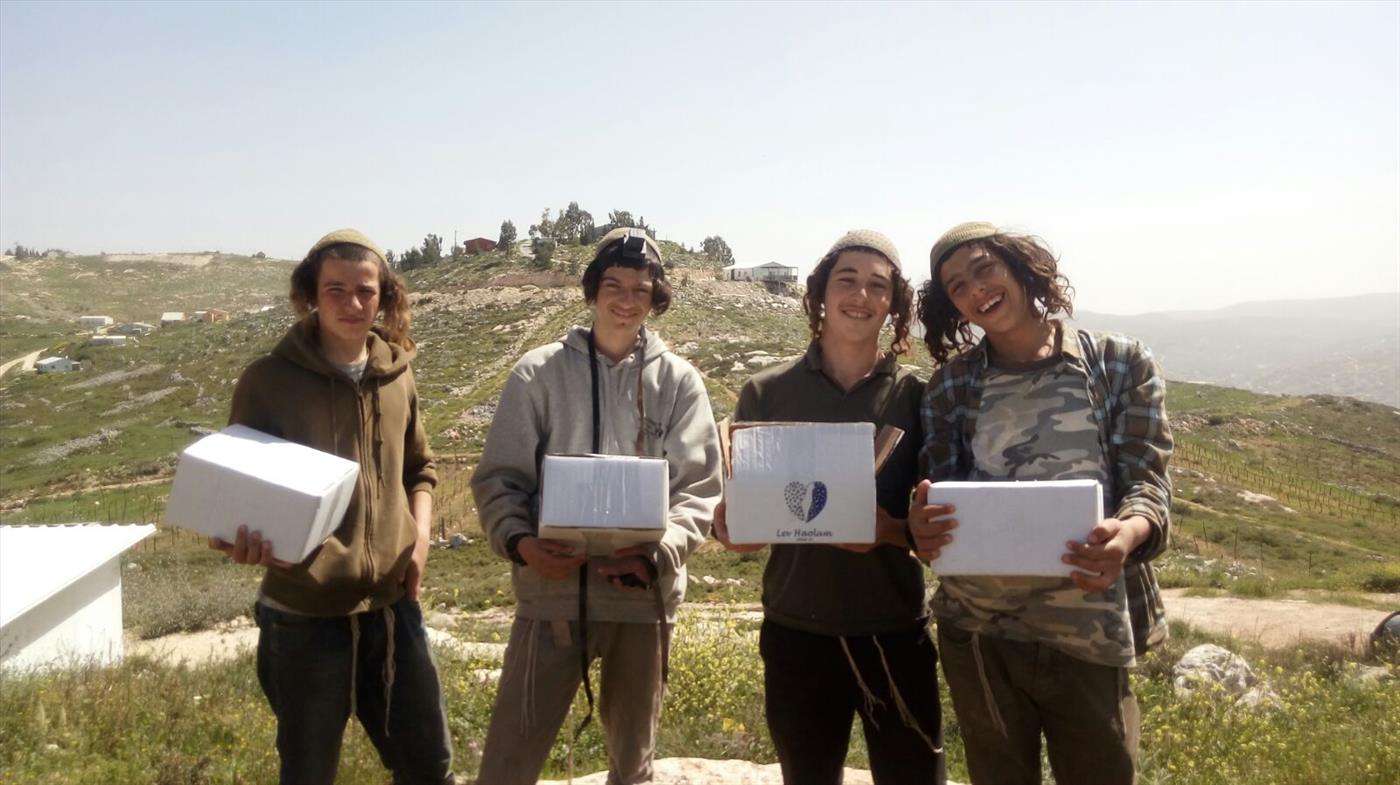The study found that economic hardship increased with the number of reserve days served, showing how repeated military obligations can destabilize households over time.
By Pesach Benson, TPS
Two years of war have left a lasting mark on the families of Israel army reservists, with one-third reporting financial hardship as a direct result of their loved ones’ service, according to an Israeli survey released on Sunday.
Beyond the battlefield, spouses and children have faced disruptions to work, education, and daily life.
The survey, conducted by Israel’s Central Bureau of Statistics (CBS) in April–May 2025, focused on spouses of reservists who served routinely or under special mobilization orders between October 7, 2023, and February 1, 2025.
The study was designed to provide data on the impact of reserve service on family members and guide policymakers in developing programs to support those affected by the exceptional challenges of the war.
The results were released as thousands of reservists were called up for duty on Tuesday for an offensive into Gaza City, the last major Hamas stronghold in the Gaza Strip.
The survey found that employment was disrupted for many families.
About a quarter of spouses reported harm to their work, and 73% of independent spouses of reservists experienced setbacks.
Among those who had not worked before the war, 46% entered the workforce, primarily as employees, while only a small fraction of previously self-employed spouses were able to continue their businesses.
Education also suffered. Reservists enrolled in undergraduate programs canceled registration and dropped out at lower rates than other students, suggesting strong personal motivation despite military duties.
Spouses pursuing studies were more affected: nearly half of female students married to reservists reported declining grades, 29% deferred courses, and 8% discontinued studies altogether.
Academic institutions provided exemptions to 45% of these students in an effort to ease the strain.
Financial pressure added another layer of hardship. Divorced women and single mothers with children by a reservist were most affected, with 58% and 48%, respectively, reporting economic difficulties.
Families of soldiers serving in the ground forces also faced high levels of financial strain.
The study found that economic hardship increased with the number of reserve days served, showing how repeated military obligations can destabilize households over time.
About 130,000 reservists and five regular divisions are expected to take part in the operation, which will unfold in stages and extend into 2026.
Two divisions already maneuvering in the Strip have begun encircling Gaza City, while additional brigades are gathering in nearby staging areas.
Not all reservists will be sent into Gaza; many will replace standing troops on other fronts.
In August, the Knesset’s Foreign Affairs and Defense Committee authorized the army to summon up to 430,000 soldiers.
The IDF said call-up orders would be staggered, with 40,000 to 50,000 reservists reporting on September 2, followed by additional waves in late 2025 and early 2026.
Reservists have faced repeated call-ups since Hamas’s October 7 attack. Emergency orders allowing the army to summon large numbers of civilians on short notice have been renewed every few months.
In peacetime, such mobilizations are tightly limited, and soldiers must be given advance notice and shorter service terms.
Approximately 1,200 people were killed and 252 Israelis and foreigners were taken hostage in Hamas’s attacks on Israeli communities near the Gaza border on October 7. Of the 48 remaining hostages, about 20 are believed to be alive.












































